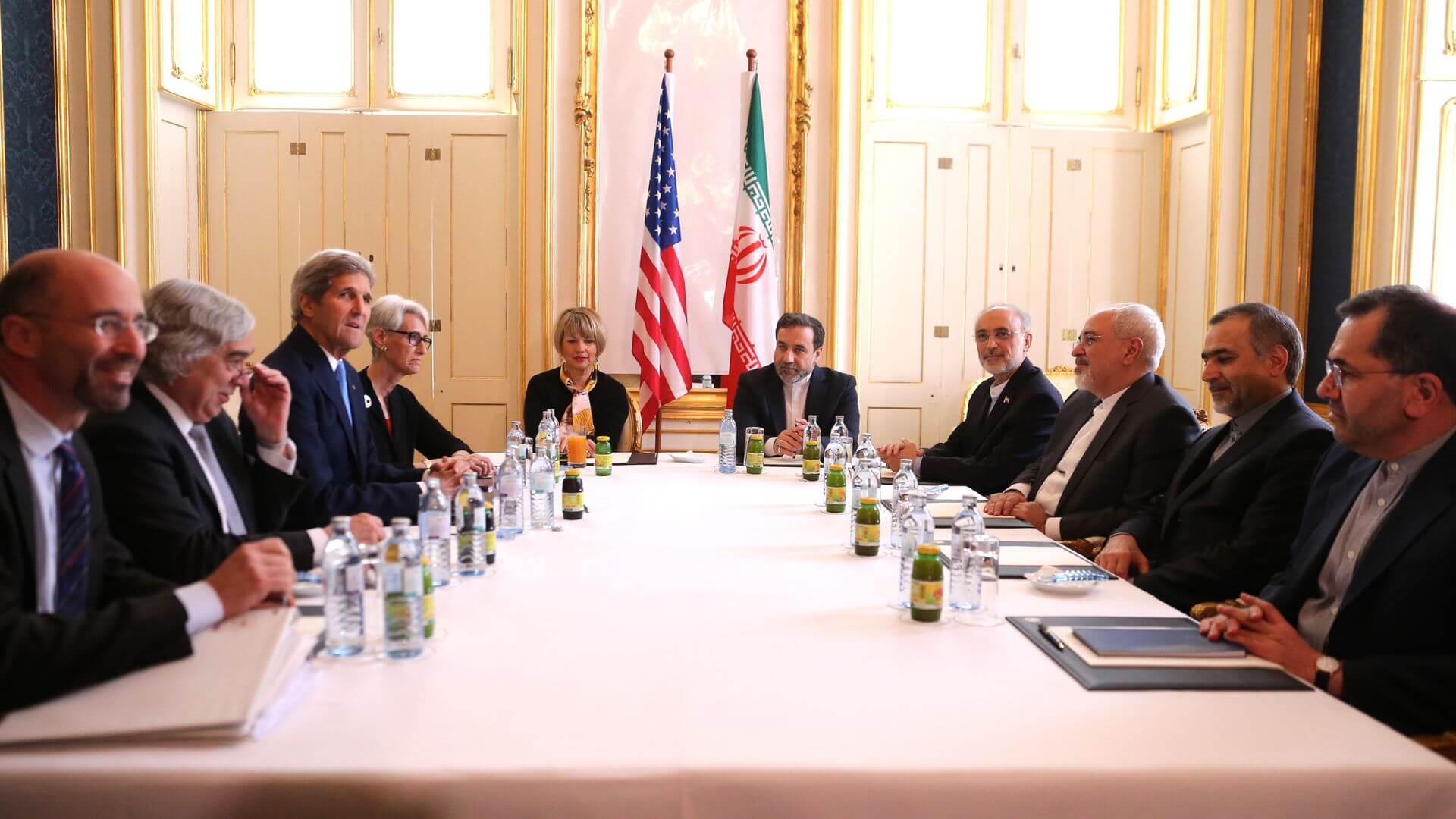Officials from the United States (US) and Iran are set to hold indirect talks over the 2015 nuclear deal, also known as the Joint Comprehensive Plan of Action (JCPOA), in Vienna on Tuesday, as part of efforts to salvage the agreement reached between Tehran and world powers. White House press secretary Jen Psaki said on Sunday that the US has “agreed to participate in talks with our European, Russian, and Chinese partners to identify the issues involved in a mutual return to compliance with the JCPOA with Iran.”
The talks to be held in the Austrian capital were announced after a virtual meeting between Iran, China, Russia, France, Germany, and the United Kingdom (UK) on Friday. Deputy spokesperson for the US State Department Jalina Porter called the upcoming meeting “a healthy step forward” and said that the discussions would be centred around the “nuclear steps that Iran would need to take in order to return to compliance with the terms of the JCPOA.”
Also read: Is There a Way Out of the US-Iran Nuclear Stalemate?
Iran, for its part, has rejected any “step-by-step” easing of US sanctions and has repeatedly said that it will only return to the nuclear agreement if all sanctions are unconditionally lifted. Iranian Deputy Foreign Minister Seyyed Abbas Araqchi confirmed this during Friday’s virtual meet by saying that “Iran will stop its remedial nuclear measures immediately after it verifies the lifting of sanctions.” In a separate statement, Araqchi also stressed that Iranian officials will not be meeting with US officials in Vienna, and said that only “current parties to the JCPOA” will attend the meet and “that is definite.” This was confirmed by Psaki, when she said that the US does not “anticipate presently that there will be direct talks.” However, she noted that Washington “remains open to them” and that the administration was “clear-eyed” about the hurdles that remain.
The landmark agreement was signed in 2015 between Iran and the P5 + 1 (US, UK, France, Russia, China and Germany) together with the European Union (EU). The deal, which extended sanctions relief to Tehran for significantly reducing its nuclear programme, seeks to prolong Iran’s “breakout capacity”, which is the time required by a country to produce enough highly enriched uranium for one nuclear weapon. However, the previous US administration led by Donald Trump decided to unilaterally withdraw from the JCPOA in 2018 and re-imposed punitive measures on Iran.
Since coming to power in 2020, the new US administration, led by President Joe Biden, has shown an interest in returning to the deal. However, the countries have been stuck in a deadlock, with neither side willing to make the first move. In the meantime, Iran has been increasing its stockpile of enriched uranium according to reports by the International Atomic Energy Agency (IAEA) and despite signing a deal with the IAEA in February this year, continues to allow UN inspectors only limited access to monitor its nuclear programme.

